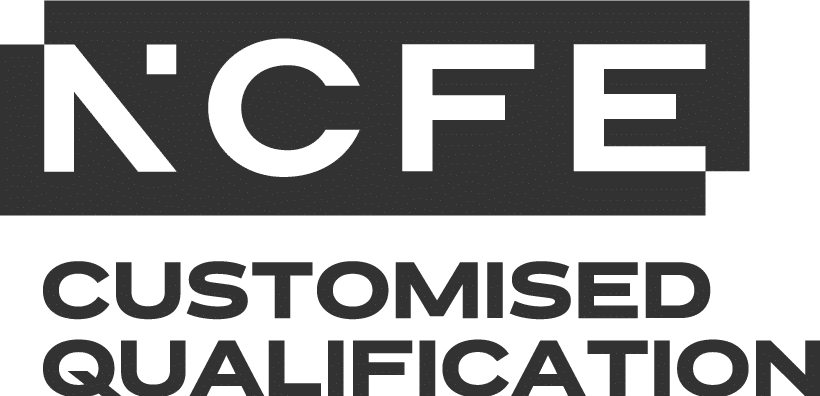Overview
Did you know that jobs involving animals provide some of the highest levels of career satisfaction? Our furry friends have the power to make us smile when we’re feeling sad, and bring us immeasurable joy and comfort. What could be more rewarding, therefore, than a career dedicated to taking good care of them?
Throughout this online animal care course, you’ll study animal welfare legislation, explore the history of domestic animals, and the benefits of pet ownership. As pet owners have a legal duty when looking after animals, you’ll learn about some of the laws they must follow, and familiarise yourself with health and safety in animal care. You’ll also gain a comprehensive understanding of animal anatomy and physiology.
Level 3 animal care will provide you with an excellent foundation of knowledge from which to pursue a career within the industry, or to move on to higher education. If you’re aiming to become a veterinarian or work in veterinary nursing, it’s an excellent place to start. Best of all, you’ll study animal care in your own time, at your own pace – ideal if you’ve work or family commitments.
What you'll learn
In the opening unit, you’ll discover how domestic animals such as dogs have evolved alongside humans over thousands of years, along with how owning and taking care of a pet can help keep our bodies healthy. You’ll examine the factors to consider when choosing an animal, before moving on to relevant animal welfare legislation it’s important you’re familiar with, and the five main welfare needs of animals.
If you’ve a desire to work in animal care, it’s vital that you’re familiar with relevant anatomy and physiology, which you’ll cover in detail in this unit. You’ll study the structure of animal cells and tissue, the different types of cells that are found in animals’ bodies, along with typical blood, bone, and musculoskeletal composition. You’ll also learn about animal bodily systems, such as the nervous and the respiratory, and how they work in different species.
Next, it’s time to move on to the fascinating area of microbiology, along with how infection and disease can be spread and prevented. You’ll also learn about basic animal health and care, including the importance of microchipping, along with a range of diseases that are common in dogs and cats. Importantly, you’ll also discover the key hygiene principles when working with animals.
Working in animal care, you’ll spend a great deal of time with cats and dogs, so it’s important to be familiar with how to care for them. In unit four, you’ll learn about their nutritional needs, and how they may need to be altered for puppies and kittens, as well as pregnant dogs and cats. Next, you’ll discover how to restrain animals in a safe manner, the importance of regular grooming, and the differences in the coats of a variety of cats and dogs.
By now, you’ll be a master at caring for cats and dogs, so it’s time to move on to the care needs of other animals commonly kept as pets, such as birds, fish, and reptiles.
Extra info
Awarding Body

With a heritage stretching back over 150 years, NCFE is one of the largest awarding bodies in the UK. Over 340,000 students were awarded certification by NCFE last year.
NCFE Customised Qualifications are bespoke, unregulated qualifications developed to meet the specific needs of learners. These courses fit in where there are no other regulated qualifications are available. Meaning you can achieve recognition from a well-respected awarding body, even if there isn’t a pre-existing qualification in a certain subject area.
Course Outcome
At the end of this course, successful learners will receive an NCFE Customised Qualification.
How is this course assessed or examined?
Throughout this course, you may be expected to complete assignments, essays, research projects, posters, leaflets, presentations, video/audio recordings, and work-based and practical learning sessions to meet the requirements of your course. This information will be included in your study pack detailing exactly what you need to do to accomplish your goals as a student.
Entry requirements
There are no formal entry requirements for this course, however, it is recommended that you have an intermediate ability to read and write English.








